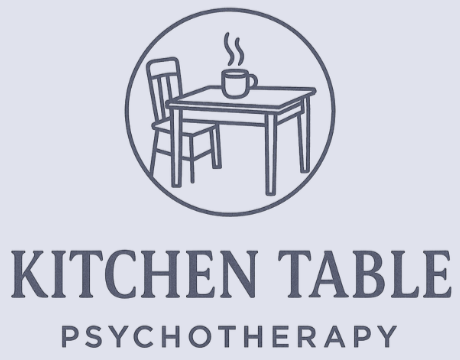
HOLISTIC PSYCHOTHERAPY IN MASSACHUSETTS
Therapy for High-Achieving Professionals
Burnout, Perfectionism & Stress Support
Are You...
-So good at succeeding that the silent costs—burnout, self-criticism, relentless pressure, and lack of sleep—have become unbearable?
-Achieving more than ever, yet feeling like nothing you do is quite enough?
-Wondering if therapy could help you slow down your busy mind and reconnect with what truly matters?
Here, you’re not expected to keep sprinting. You’re welcome to slow down, explore what burnout, perfectionism, and chronic stress are costing you—and rediscover meaning beyond achievement.
The Silent Weight of High Standards
If you’re hard on yourself, it can feel like second nature to push harder, aim higher. Excellence may feel like a habit, but not always a healthy one. Over time, it can start to hurt more than it helps.
You might notice:
-Exhaustion and burnout. You're managing everything and everyone in your life, and it’s leaving you stretched thin.
-Perfectionism, like nothing you do is ever enough. The bar is always moving, and rest is something you can’t afford.
-Chronic pressure to be constantly “on,” yet quietly worn out, and wondering how much longer you can keep going like this.
-Unable to enjoy the present, thinking, “I wish I didn’t feel this way.”
You don’t have to stay stuck in that loop. Therapy can offer a space to step back, breathe, and find a new way forward.
What You’ll Find in High‑Achievers Therapy
A supportive space where you can let go of perfectionism and make room for every part of yourself—the excited part, the driven part, the tired part, and everything in between.
Real tools and strategies to manage overwhelm, chronic stress and sleep deprivation.
Time and space to reflect on your priorities, so you can live a life aligned with your values and focus on what truly matters.
A commitment to treat yourself with kindness, practice self-compassion, and set clear boundaries—even if it feels unfamiliar.

Start the Conversation
Virtual therapy across Massachusetts means ambitious professionals like you can access care from wherever fits your busy schedule. Whether you're in Boston, Cambridge, Brookline, or Somerville, therapy is just a click away.
Ready to discover a healthier path to thrive?
Frequently Asked Questions
-
Absolutely. You don’t have to be falling apart to benefit from therapy. Many high-achievers feel “mostly fine” on the surface but carry a quiet weight: exhaustion, overwhelm, or constant pressure to keep going. Therapy offers a space to slow down, take care of what’s underneath, and build a more sustainable way of living—before things reach a breaking point.
-
It’s true—you are busy. But it’s important to recognize that not having time for yourself is often a symptom of burnout, not a reason to delay support. When your days are packed and your needs always come last, that’s a sign something needs attention. Therapy can help shift that pattern.
You don’t need permission to prioritize your well-being—and no one else can give it to you. You already have the right to care for yourself. In fact, making that investment is one of the most powerful things you can do to stay grounded, present, and connected to what truly matters.
-
It varies based on your goals and circumstances. Some clients seek solution-focused short-term counseling to tackle a specific challenge, while others prefer ongoing sessions for deeper, long-term support. Ultimately, it's up to you. Your therapy can evolve with your needs.
-
No. You don’t need a diagnosis or crisis to benefit from therapy. You're allowed to seek support simply because you want to feel better.
Many clients come to therapy looking for more sustainable ways to manage their personal and professional lives. While a diagnosis can be provided if needed, my focus is on helping you move forward, not on labeling your experience.




